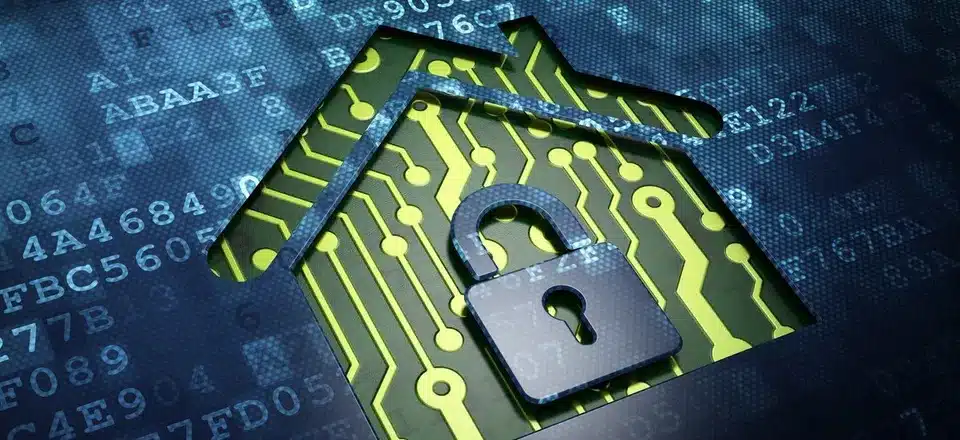In today’s digital age, our homes are increasingly connected to the internet. From smartphones and laptops to smart home devices, we rely on our home network to keep us connected and make our lives easier. However, the risk of security threats comes with the convenience of being connected. Therefore, keeping your home network secure is essential to protect your personal information and prevent cyber-attacks. This blog will discuss some tips for keeping your home network secure.
How to keep you home network secure.
- Change Default Passwords
One of the most basic security measures is changing your router’s and other devices’ default passwords. Default passwords are often easy to guess, which makes your network vulnerable to attacks. Choose strong passwords with upper and lowercase letters, numbers, and special characters.
- Keep Software Up-to-Date
Ensure all devices connected to your home network have the latest software updates installed. These updates often include security patches that fix vulnerabilities in the software. Set up automatic updates to ensure that you get all critical updates.
- Use Encryption
Encryption is the process of converting information into a code that cannot be read by anyone without the key to decrypt it. Encrypting all your sensitive information, such as bank details and passwords, is essential. Ensure that your home network uses WPA2 encryption, the most secure option available.

- Enable a Firewall
A firewall is a security tool that monitors and controls your network’s incoming and outgoing traffic. It helps to prevent unauthorised access to your network by blocking suspicious traffic. Enable the built-in firewall in your router or install a separate firewall for added security.
- Disable Remote Management
Remote management allows you to manage your router from anywhere using a web browser. However, it also opens up a security hole in your network. Disable remote management unless you need it, and if you do, enable it only when necessary.
- Set up Guest Networks
Setting up a separate guest network is a good idea if guests need to use your home network. This will prevent guests from accessing your main network and any sensitive information. Guest networks are usually limited in their capabilities and have their own passwords, which can be changed frequently.
- Use Antivirus Software
Antivirus software can protect your devices from malware and other security threats. Install reputable antivirus software on all your devices and keep it up-to-date. Set up automatic scans to ensure your devices are regularly checked for malware.

- Use 2-step authentication
Where possible, use 2-step authentication. This will Prevent hackers from accessing your account with an additional layer of security. When you sign in, 2-Step verification helps make sure your personal information stays private, safe and secure. In addition to your password, 2-Step verification adds a quick second step to verify that it’s you.
In conclusion, securing your home network is essential in today’s digital age. Following these tips can help protect your personal information and prevent cyber-attacks. Remember always to stay vigilant and keep your software up-to-date.





